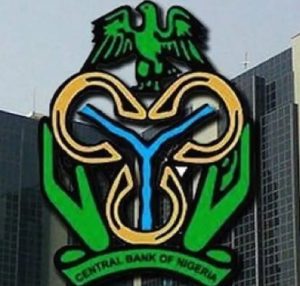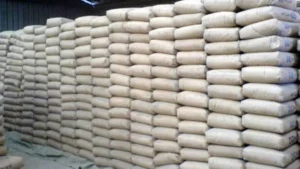
…Opposes Import Reliance As NESG Considers Support For $1 Trillion Economy
Dangote Petroleum Refinery has successfully exported two cargoes of jet fuel, totalling approximately 130 million litres, from Nigeria to Saudi Arabia.
This milestone aligns with projections from the Organisation of Petroleum Exporting Countries (OPEC), which suggest that the 650,000 barrel per day (bpd) refinery could alter the global crude and product market. Aliko Dangote, President of Dangote Group, hailed this development as a significant achievement in line with the organization’s objectives.
This move also signals Nigeria’s intention to focus on the Middle East in its ambition to become a refining powerhouse, especially in light of refinery shutdowns in the global North.
Last December, the Nigerian National Petroleum Company Limited (NNPCL) announced its first cargo sale of Port Harcourt Low Sulphur Straight Run fuel oil (LSSR) to Dubai’s Gulf Transport and Trading Limited (GTT), loaded onto the Wonder Star MR1 vessel.
Following a visit by the Nigerian Economic Summit Group (NESG) to Dangote Fertiliser Limited and the Dangote Petroleum Refinery in Ibeju Lekki, Lagos, Dangote revealed that the refinery’s output had reached 550,000 bpd.
“We are achieving the ambitious targets we’ve set, and I am proud to announce the sale of two jet fuel cargoes to Saudi Aramco,” he stated.
He underscored the critical role of the private sector in national development, asserting that Nigeria’s challenges could largely be addressed by creating meaningful employment opportunities. Dangote criticized the notion of a free market leading to continued dependence on imports, pointing out that both developed and developing nations, including the United States and China, take measures to protect their domestic industries, ensuring job security and self-sufficiency.
He highlighted the example of the Benin Republic, which has restricted cement imports to safeguard local industries, even with his own Ibese plant located just 28 kilometres away. “The President is a close friend, and yet they refuse to allow imports to protect their local grinding plants,” he remarked.
According to Dangote, the government stands to gain significantly when the private sector thrives, noting that 52 kobo (52 per cent) of every naira generated by Dangote Cement flows into government coffers.
He also addressed the considerable challenges of establishing industries in Nigeria, particularly the hefty capital investments necessitated by inadequate infrastructure.
While commending Dangote’s efforts in establishing the refinery, NESG Chairman Niyi Yusuf emphasized that Nigeria requires substantial investments to meet its goal of a $1 trillion economy. “To achieve a $1 trillion economy, much of this growth must come from domestic investments. During our bus ride, I joked that while others are dredging to create islands for leisure, you’ve dredged 65 million cubic tons of sand to create a brighter future for the country. This refinery, fertilizer plant, petrochemical complex, and its supporting infrastructure are monumental,” he noted.
Yusuf stressed the importance of local industries in Nigeria’s industrialization efforts, as they are pivotal in fostering the growth of Small and Medium-sized Enterprises (SMEs).









